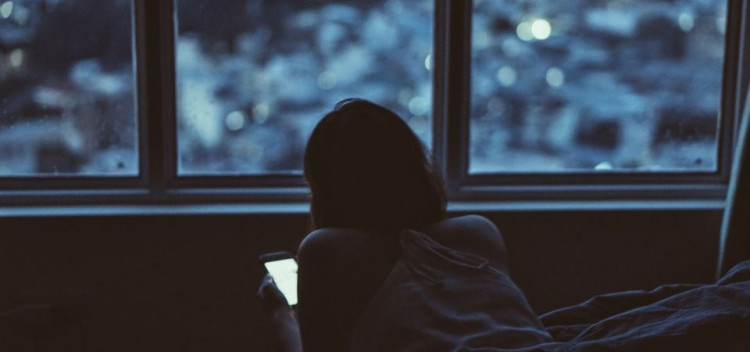Sleep texting usually happens when a person is about to drift off to sleep. It is a fairly common situation than you might think and often happens to those glued to their smartphones even in bed.
Dream texting, as it is otherwise also called, usually happens right before a person falls asleep. This person is just about to drift off into dreamland. Those who love to take their phones with them while lying in bed are the usual victims of sleep texting.
Scientists from Villanova University's M. Louise Fitzpatrick College of Nursing conducted a study on 372 students about their smartphone habits. The results revealed that sleep texting is becoming a normal occurrence especially among young people: over 25 percent remembered doing it while 72 percent admitted not having any recollection of it. The majority cannot remember who or what they texted.
Angela Crouch, a sleep expert, likened sleep texting to a form of Parasomnia, which is a broad category that includes some sleep disorders like sleep eating and sleepwalking. These activities normally occur during the REM stage of sleep. Crouch told Metro that sleep texting happens on "autopilot."
"In this stage, different parts of your brain are awake and asleep. This means that some activities - like texting - are completed almost on autopilot. This is especially true if you are the type of person that is constantly glued to their phone and leaps into action every time you get a text."
However, there is no risk when it comes to sleep texting since people tend to send or write messages that make no sense. This is understandable, given that they are already fading in and out of consciousness. The downside is, by the next day they would have already forgotten that they sent someone a gibberish message, which could be embarrassing if not downright funny.
So how can one avoid sleep texting? Sleep experts simply advice not to use smartphones in bed. It is best to part with them before you drift off to sleep. It is also advisable to reduce phone screen time before bed, and this especially applies to people with sleep-related problems.
Crouch suggests avoiding the use of technology late at night as it could disrupt your sleep. She also recommends putting your phone away and not within easy reach to avoid the temptation of scrolling through your social media feeds before bedtime.






